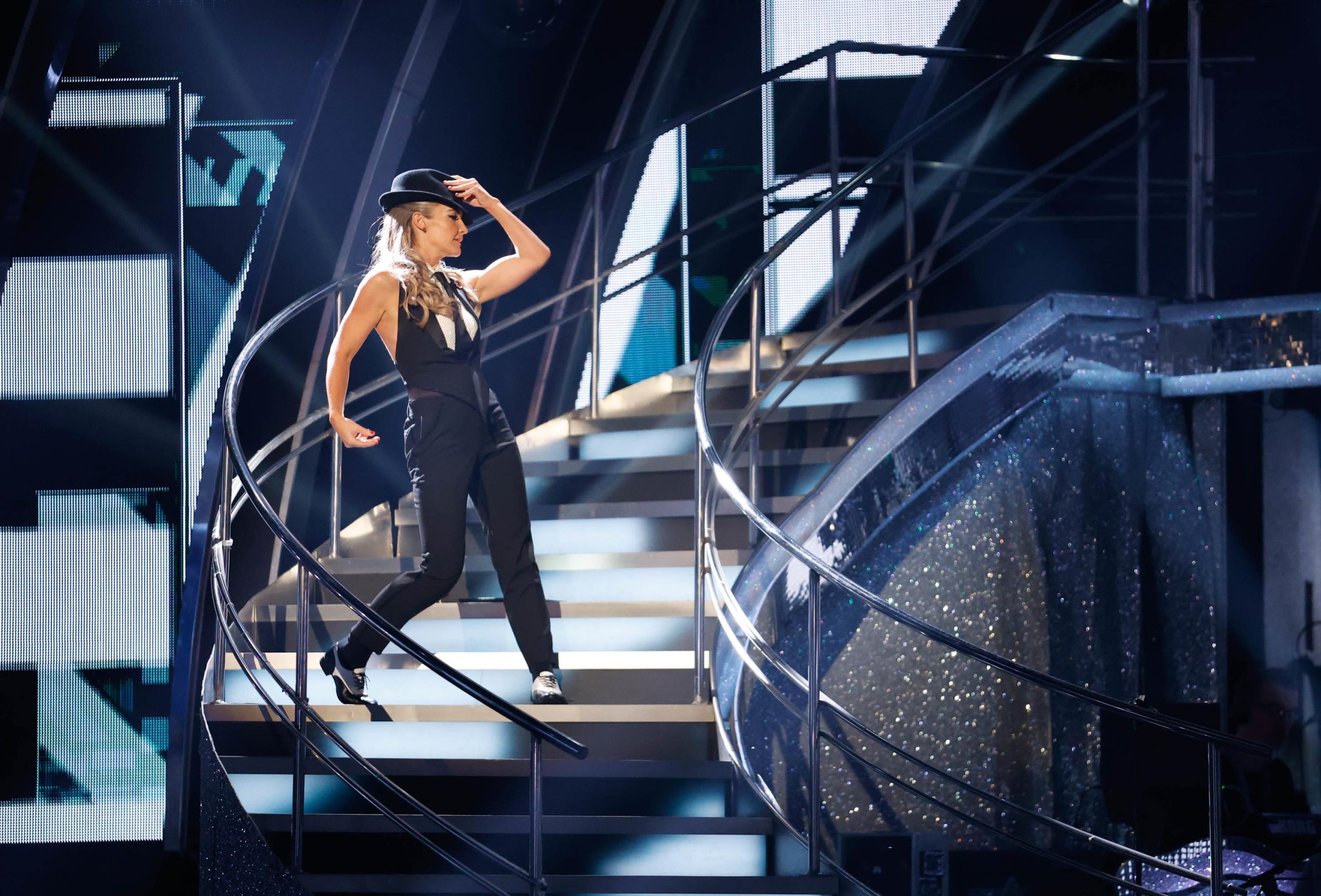Helen Skelton: Why dancing is so good for your mental health
Following her divorce, Helen Skelton has found that doing Strictly has boosted her confidence
Strictly star and Blue Peter legend Helen Skelton has said she “found her confidence on the dancefloor” as she prepares for the Strictly Come Dancing final.
The TV and radio presenter, 39, and her professional partner Gorka Marquez, 32, is among one of the four couples who will compete on Saturday to win the glitterball trophy. However, Skelton has been public about her struggles as a new mum going through a divorce this year.
View this post on Instagram
Speaking ahead of the final, she reflected on her personal growth throughout the competition, saying: “Confidence is all relative, isn’t it?
“And challenges are all relative. But yes, I’ve definitely found my confidence on that dancefloor. I enjoy it and that’s what it’s about.”
can we all just rewind back to the start of the series when helen skelton had little confidence and didn’t believe in herself to now being one of the FINALISTS!!! like that is the biggest glow up i’ve seen on this show and i couldn’t be prouder of her 😭 #strictly pic.twitter.com/Oe7U1akg6o
— court ♡ (@dowdensjowita) December 12, 2022
Skelton has been open about how she has felt as a new mum, facing a divorce and the impact that has had on her mental wellbeing. Her husband reportedly moved out of the family home following the birth of their third child, Elsie Kate.
In a statement posted on Instagram, she wrote: ‘Very sad to say that Richie and I are no longer a couple. He has left the family home. We will be doing our best to co-parent our small children.’
View this post on Instagram
So, what are the impacts of dance on our mental wellbeing, and how can we get a bit of the good stuff that Skelton seems to be so enjoying?
“Dance is a hugely beneficial activity for mental and physical wellbeing – a great workout for the mind and the body,” says Dr Tom MacLaren, consultant psychiatrist at Re:Cognition Health.
And what we dance to, be it the radio or a specially chosen track, will impact this wellbeing boost.
“Dancing along to your favourite music brings joy, lifts the mood and eases some of the symptoms of depression and anxiety, as certain chemicals are released from the brain,” says MacLaren.

Skelton has taken gracefully to the ballroom
Similarly, when we are dancing, we may get that ‘lost in the music’ feeling.
“Dance affords a sense of escapism,” MacLaren explains, “where we can forget about the day-to-day worries that may cause distress – the music can also transport us back in time and evoke fond memories.”
From nostalgic tracks to personal favourites, Skelton and the cast of Strictly Come Dancing get opportunities to lose themselves in different times, places, or characters week after week, perhaps helping them find a new happy place.
It can even improve your memory and social life.
“Taking a dance class not only enables us to make new friends and social connections, but as we learn and remember new steps and routines, we are strengthening our memory,” MacLaren explains.
View this post on Instagram
28% of people, according to Mind, report feeling depressed after a divorce and a huge 51% of people report feeling lonely after their divorce, so being able to meet people and immerse yourself in learning new steps and routines could be a helpful tool in tackling this.
“Dancing can also be a great cardiovascular workout,” says MacLaren, “which plenty of research suggests has a positive impact on our body and brain.”
The Press Association
Latest posts by The Press Association (see all)
- Sneak peek at new plants being launched at RHS Chelsea Flower Show - May 7, 2024
- How to attract more bees to your garden - May 3, 2024
- The costly insurance pitfalls to avoid when kitting out your garden this summer - May 3, 2024
- Gavin And Stacey’s best moments: From Smithy’s Indian takeaway to Pam eating ham - May 3, 2024
- Princess Charlotte ‘s ninth birthday marked by picture release - May 2, 2024





















